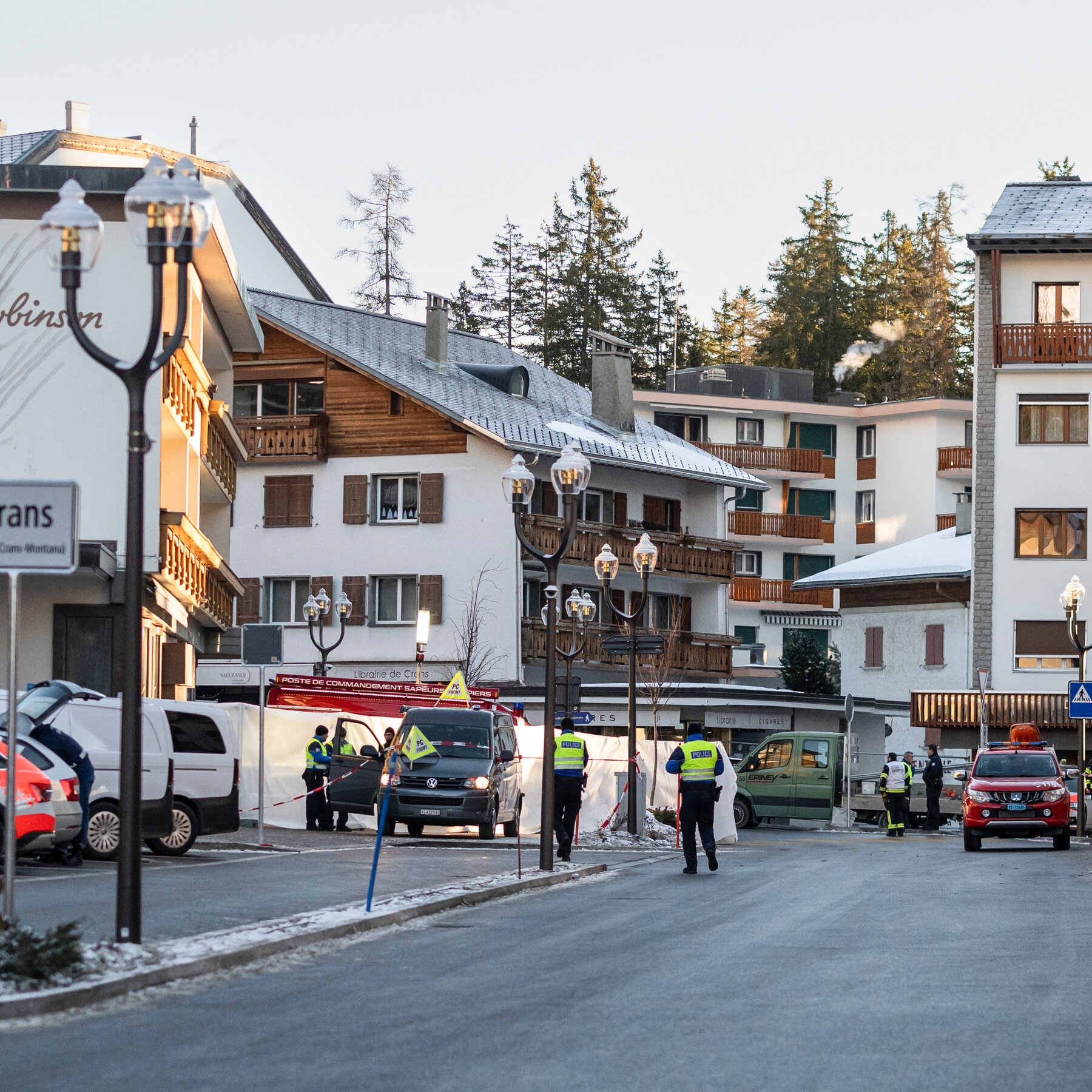Top Stories
Urgent Update: COP30 Climate Talks Conclude with Controversial Deal
UPDATE: The COP30 climate conference concluded in Belem, Brazil, on Saturday with a contentious deal that many criticize as insufficient. After two weeks of negotiations, world leaders agreed to triple financial support for vulnerable nations, promising $100 billion to help adapt to climate change. However, the agreement lacks a clear path to phase out fossil fuels, leading to widespread disappointment among activists and affected communities.
The conference, which faced intense scrutiny, failed to meet scientific expectations for urgent climate action. Officials announced that while financial commitments were enhanced, concrete plans to reduce reliance on oil, coal, and gas remain elusive. COP President André Corrêa do Lago noted that Brazil would draft its own roadmap to address fossil fuel dependency, but this initiative lacks binding authority compared to the conference agreement.
Leaders from over 80 countries attempted to establish a timeline for transitioning away from fossil fuels, yet the final document drew sharp criticism. Many countries, including vulnerable island nations, expressed frustration over the lack of a definitive plan to combat climate change. “I will be brutally honest: The COP and the U.N. system are not working for you,” stated Juan Carlos Monterrey Gomez, a negotiator for Panama.
Despite the setbacks, some leaders found small victories. “Given what we expected, what we came out with, we were happy,” remarked Ilana Seid, chair of the Alliance of Small Island States. She acknowledged the financial support but emphasized that the lack of a fossil fuel exit strategy undermines long-term progress.
The negotiations unfolded against the backdrop of the Amazon rainforest, where extreme weather conditions highlighted the urgency of climate action. Participants experienced the region’s oppressive heat and heavy rains, underscoring the stakes involved. Critics lamented that the final agreement reflects the challenges of achieving global cooperation on pressing environmental issues, particularly impacting the world’s poorest and most vulnerable populations.
Indigenous groups, who were central to the discussions, expressed mixed feelings about their representation. Though the conference earned the nickname the “Indigenous peoples’ COP,” many activists felt their voices were marginalized. Taily Terena, an Indigenous leader from Brazil, celebrated the inclusion of a paragraph acknowledging Indigenous rights, marking a significant step forward. However, protests during the conference highlighted ongoing struggles for representation.
As the dust settles on COP30, the real test will be how swiftly the commitments translate into actionable projects that protect lives and livelihoods. Leaders are expected to reconvene next year to further discuss fossil fuel phase-out strategies, but the path ahead remains fraught with challenges and skepticism.
The implications of this year’s climate talks extend far beyond the conference room, affecting millions around the globe. As nations grapple with the realities of climate change, the urgency for meaningful action has never been more critical.
Stay tuned for further updates as this story develops.
-

 Top Stories1 week ago
Top Stories1 week agoPiper Rockelle Shatters Record with $2.3M First Day on OnlyFans
-

 Top Stories4 days ago
Top Stories4 days agoMeta’s 2026 AI Policy Sparks Outrage Over Privacy Concerns
-

 Top Stories1 week ago
Top Stories1 week agoUrgent Update: Denver Fire Forces Mass Evacuations, 100+ Firefighters Battling Blaze
-

 Top Stories1 week ago
Top Stories1 week agoOnlyFans Creator Lily Phillips Reconnects with Faith in Rebaptism
-

 Entertainment4 days ago
Entertainment4 days agoTom Brady Signals Disinterest in Alix Earle Over Privacy Concerns
-

 Top Stories5 days ago
Top Stories5 days agoOregon Pilot and Three Niece Die in Arizona Helicopter Crash
-

 Sports3 days ago
Sports3 days agoLeon Goretzka Considers Barcelona Move as Transfer Window Approaches
-

 Health2 months ago
Health2 months agoTerry Bradshaw Updates Fans on Health After Absence from FOX NFL Sunday
-

 Top Stories2 days ago
Top Stories2 days agoCBS Officially Renames Yellowstone Spin-off to Marshals
-

 World1 week ago
World1 week agoTragedy in Crans-Montana: Fire Claims Lives of Holiday Revelers
-

 Sports2 days ago
Sports2 days agoSouth Carolina Faces Arkansas in Key Women’s Basketball Clash
-

 World1 week ago
World1 week agoFire Claims Lives at New Year’s Party in Swiss Ski Resort


